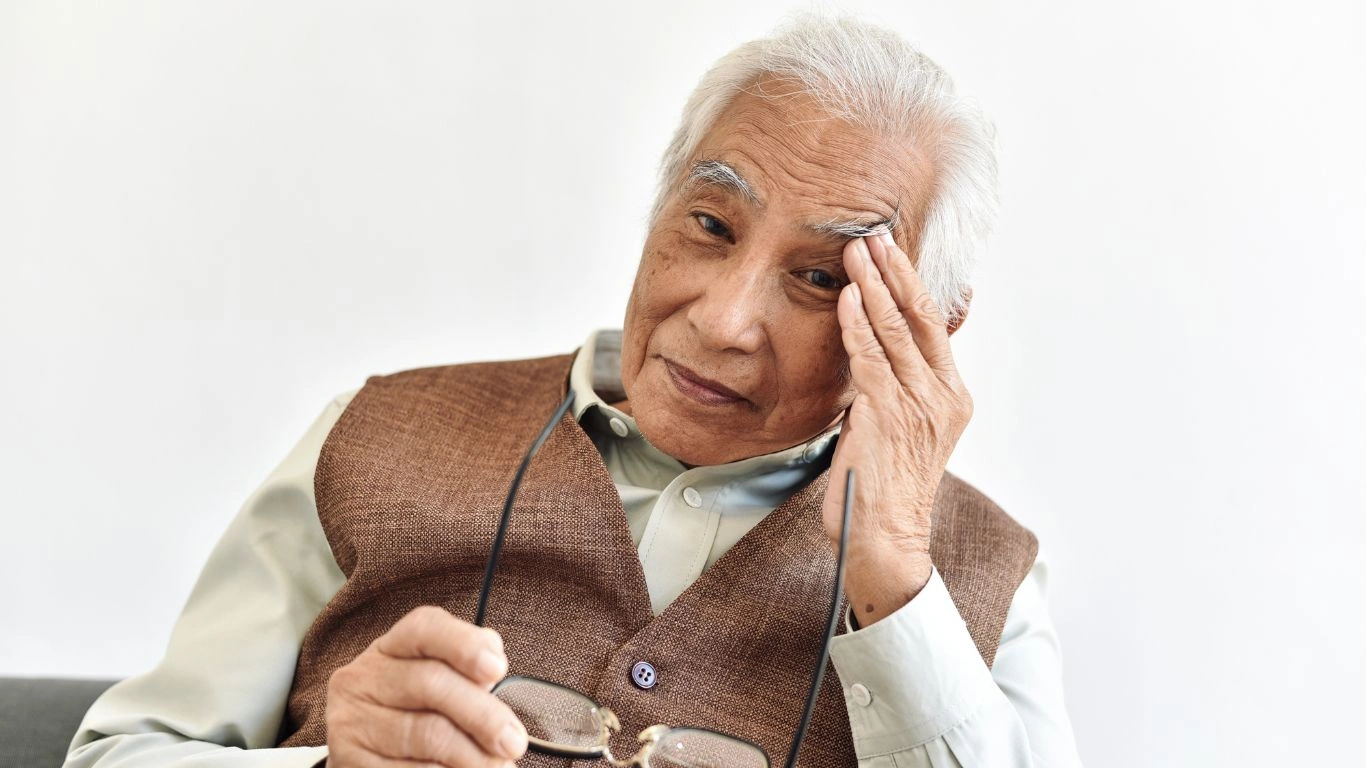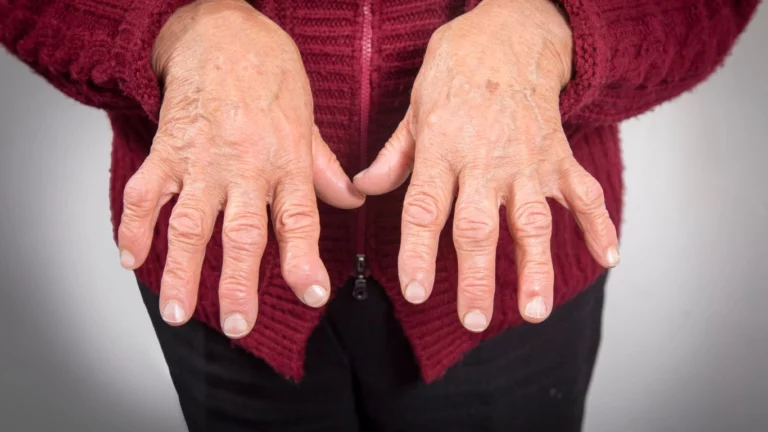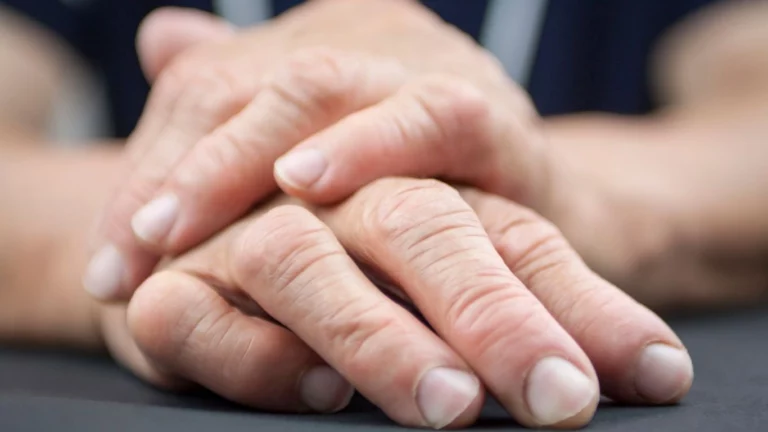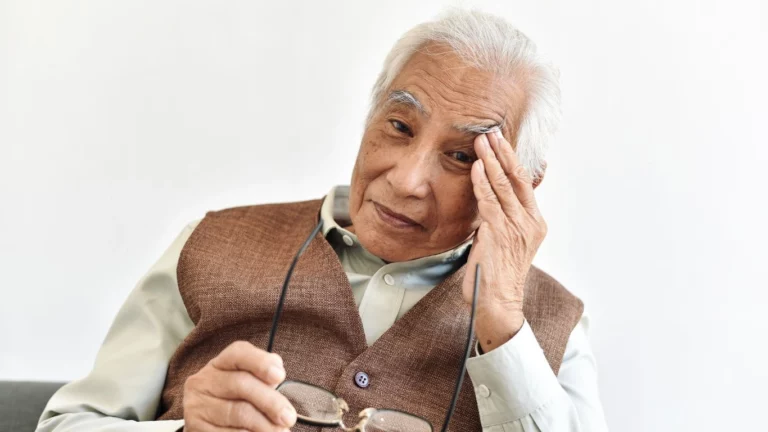High Blood Pressure and Blurred Vision Causes: What You Need to Know
Wondering why your vision feels a bit fuzzy when your blood pressure is high? You’re not alone—lots of people wonder if there’s a connection. Turns out, there absolutely is. Blurred vision and high blood pressure can go hand-in-hand, and it’s something you should definitely pay attention to. But what exactly is the link? Let’s dive into the causes and what you can do about it.
Why High Blood Pressure Can Mess with Your Vision
First off, high blood pressure (also known as hypertension) isn’t just something that affects your heart. It can actually mess with the blood vessels in your eyes too. When your blood pressure is constantly elevated, it can cause damage to the delicate vessels in your eyes, leading to blurry vision.
The technical term for this is hypertensive retinopathy. It’s a condition where the blood vessels in the retina (the back part of the eye) become damaged. This damage can cause blurry or even double vision, which is why keeping an eye on your blood pressure is crucial.
But here’s the thing: blurry vision isn’t always an obvious warning sign. In fact, you might not even notice anything until the damage becomes pretty serious. So, yeah—high blood pressure is sneaky that way.

What Happens to Your Eyes with High Blood Pressure?
So, how does all of this work? Well, when your blood pressure spikes, the force of blood against the walls of your blood vessels increases. Over time, this can cause the vessels to narrow, thicken, or even leak. In the eye, this affects the retina, and since the retina is responsible for sending signals to your brain that help you see, any damage to it can mess with your vision.
Sometimes, blurry vision from high blood pressure might come and go. You might notice it after a particularly stressful day, or maybe after you eat something salty. Other times, it could get worse over time if your hypertension isn’t treated.
The Major Culprits Behind Hypertension and Blurred Vision
Now, let’s talk about what might cause both high blood pressure and blurred vision to show up together. It’s not always just one thing, but there are a few key factors that could be at play.
- Chronic Hypertension: If you’ve had high blood pressure for years, the chances of developing hypertensive retinopathy go up. The longer your blood pressure stays high, the more damage it can do to your eyes.
- Sudden Blood Pressure Spikes: If you experience a sudden jump in blood pressure—sometimes caused by stress or extreme physical exertion—it can temporarily affect your vision. This could result in short-term blurry vision that goes away once your blood pressure normalizes.
- Diabetes and Hypertension: Having both high blood pressure and diabetes is a double whammy for your eyes. Diabetes can also cause damage to the blood vessels in your eyes (diabetic retinopathy), and when combined with hypertension, it increases the risk of significant vision problems.
- Eye Conditions Like Glaucoma: People with high blood pressure are also at higher risk of developing glaucoma, a condition that damages the optic nerve and can lead to permanent vision loss. While not directly related to blurry vision, glaucoma can mess with your eyesight if left unchecked.
- Age: As we get older, our blood vessels naturally become more fragile, and high blood pressure only makes this worse. Older adults are more likely to experience vision problems related to hypertension, so age is definitely a factor.
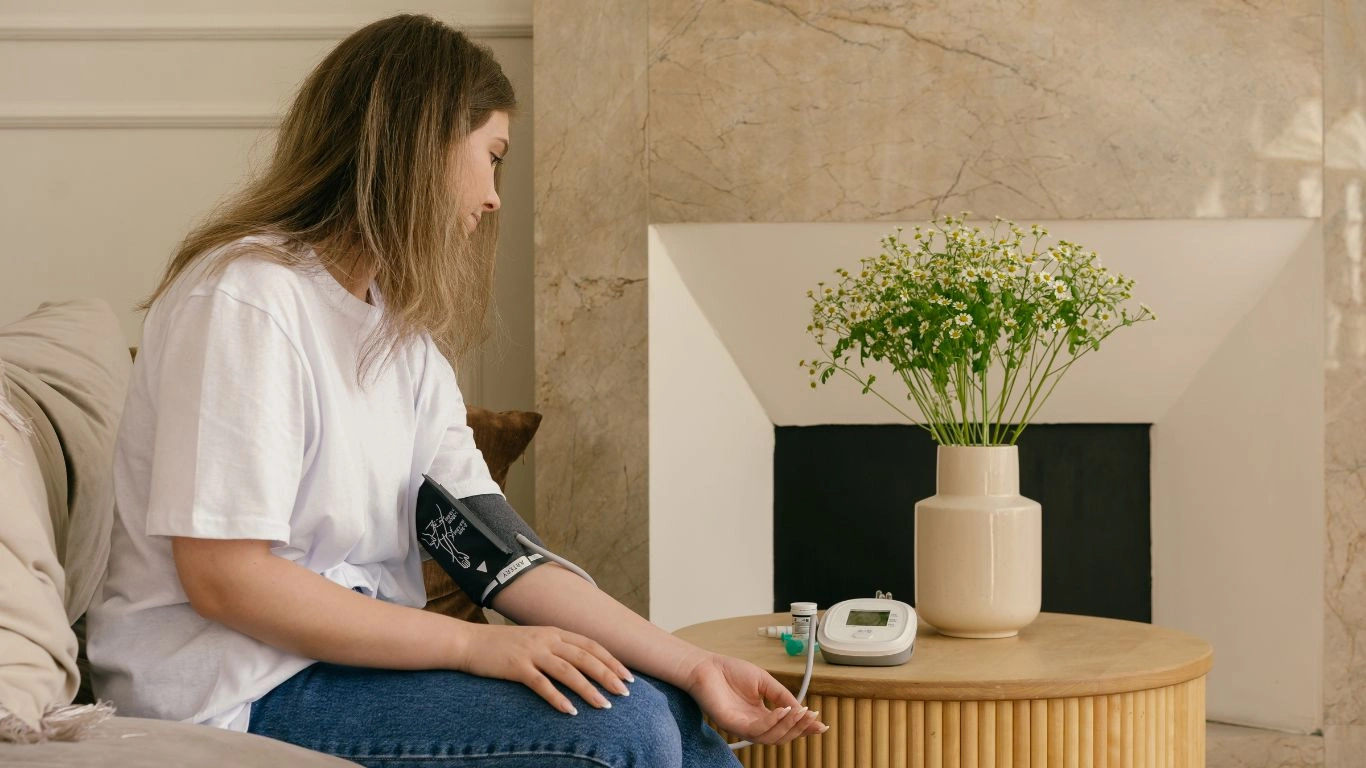
How to Take Care of Your Eyes and Blood Pressure
The good news is that blurred vision caused by high blood pressure can be prevented or managed with the right treatment. Here’s what you can do:
- Get Regular Eye Exams: Even if your vision seems fine, it’s a good idea to have your eyes checked regularly. Your eye doctor can spot signs of hypertensive retinopathy early on, which makes it easier to prevent further damage.
- Keep Your Blood Pressure in Check: The best way to protect your eyes from hypertension-related damage is by managing your blood pressure. This means eating a healthy diet, exercising regularly, limiting alcohol, and avoiding smoking. If you’re prescribed medication for high blood pressure, be sure to take it as directed.
- Control Other Health Conditions: If you have diabetes, make sure you’re managing it well. Keeping your blood sugar levels in check can help protect both your eyes and your blood vessels.
- Watch for Other Symptoms: Blurry vision is a warning sign that something could be wrong. If you notice your vision getting worse, or if you experience sudden vision changes, dizziness, or even headaches, it’s time to see a doctor.
- Stay Stress-Free: Stress can cause your blood pressure to spike, so finding ways to de-stress is important. Whether it’s through exercise, meditation, or just taking a breather, finding what works for you can help keep your blood pressure—and your vision—under control.
When to See a Doctor
If you’re experiencing blurry vision regularly, especially alongside other symptoms like headaches or dizziness, don’t wait it out. High blood pressure is a serious condition, and when combined with vision changes, it could indicate significant damage to your eyes or other organs. See your doctor as soon as possible to get things checked out.

Conclusion
So, can high blood pressure cause blurred vision? Absolutely. It’s a pretty common problem, and while it’s often manageable with the right treatment, it’s something you definitely want to keep an eye on. Remember to get regular eye exams, stay on top of your blood pressure, and manage any other health conditions you have. That way, you can protect your vision and keep things crystal clear.
Appendices
References
For more detailed info on high blood pressure and eye health, check out these resources:
- American Heart Association. (2023). High Blood Pressure and Eye Health. Read Article
- National Eye Institute. (2024). Hypertensive Retinopathy: What You Need to Know. Read Article
- American Diabetes Association. (2024). Diabetes and Hypertension. Read Article
FAQs
- Can high blood pressure cause permanent vision loss? If left untreated for a long time, high blood pressure can lead to permanent damage to the retina and even vision loss. Early treatment is key to preventing this.
- What are the first signs of high blood pressure affecting my eyes? Early signs often include blurry vision, especially during blood pressure spikes. You might also experience double vision or difficulty seeing clearly in certain lighting.
- Can controlling my blood pressure prevent vision problems? Yes! Keeping your blood pressure in a healthy range significantly reduces the risk of eye damage and other complications.
- How often should I get an eye exam if I have high blood pressure? It’s recommended to have an eye exam at least once a year, especially if you have high blood pressure, to monitor for any potential damage to the eyes.
- What other health problems are linked to high blood pressure and blurry vision? Conditions like diabetes, stroke, and glaucoma are also linked to high blood pressure and can contribute to blurry vision.
Disclaimer: The information provided in this article is for educational purposes only and does not substitute for professional medical advice. Always consult with your healthcare provider for personalized advice and treatment options. Individual health needs may vary.

Dr. Gwenna Aazee is a board-certified Internal Medicine Physician with a special focus on hypertension management, chronic disease prevention, and patient education. With years of experience in both clinical practice and medical writing, she’s passionate about turning evidence-based medicine into accessible, actionable advice. Through her work at Healthusias.com, Dr. Aazee empowers readers to take charge of their health with confidence and clarity. Off the clock, she enjoys deep dives into nutrition research, long walks with her rescue pup, and simplifying medical jargon one article at a time.

